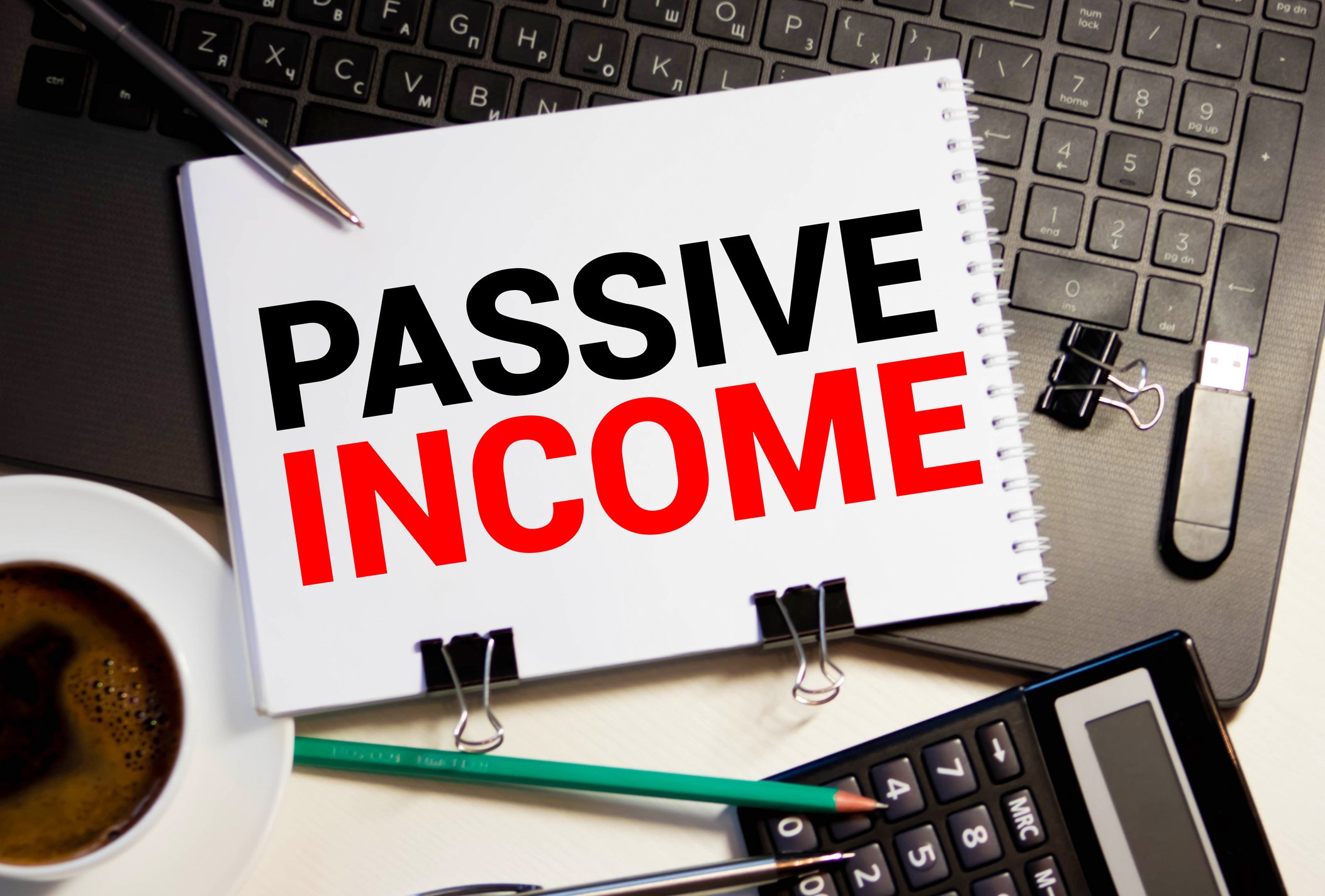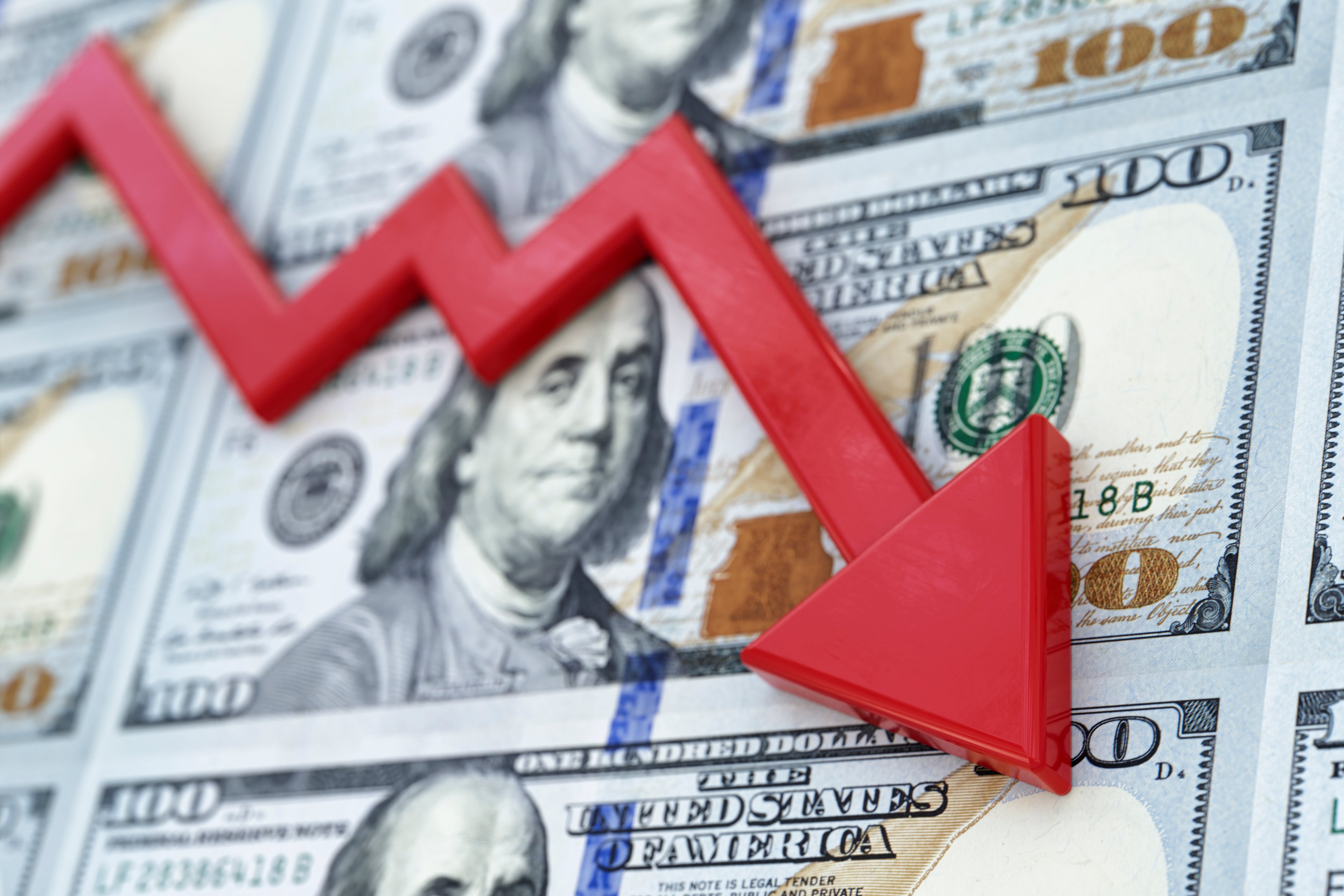In this Industry Focus: Financials clip, host Michael Douglass and Motley Fool contributor Matt Frankel discuss how Berkshire Hathaway (NYSE: BRK-A) (NYSE: BRK-B) makes its money through its three main business functions: insurance, subsidiaries, and its closely watched stock portfolio.
A full transcript follows the video.
This video was recorded on Feb. 26, 2018.
Michael Douglass: Folks, a little background before we get too far into the episode, Warren Buffett is the chairman and CEO of Berkshire Hathaway, which is, at its core, an insurance company. Insurance companies make their money in essentially two ways. The first is by making what's called an underwriting profit. This is, when you pay your premiums, the insurer ends out paying up some percentage, or perhaps all, and in some cases even more than all, of those premiums out in claims. Especially when a big natural disaster happens, that's the case. So, insurers make their money, hopefully, from their perspective, at least, by paying out less than they're taking in in premiums. That's what's called an underwriting profit.
And the second way that they make money is by investing that float. That is the money that you've paid in in premiums that they haven't yet paid out. They're usually able to invest that in some way, shape or form, usually short-term bonds. That's another way they're able to leverage their money and make a few bucks here and there, which, particularly if they're not making an underwriting profit, can make the bridge to them surviving and hopefully prospering. Of course, Berkshire Hathaway is a wee bit more developed than most insurance companies.
Matt Frankel: Yeah. Berkshire Hathaway actually started as a textile company that Buffett bought. I could do a whole 10 minutes spiel on how he came to acquire that. Anyway, he didn't have any interest in owning a failing textile business. He loved the insurance business for the reasons Michael just said, and instead of investing what's called the float in short-term bonds, Buffett's preference is to take it and invest in whole businesses, individual stocks nowadays.
So, he started acquiring insurance companies, some of which have grown very, very big over the years. Geico is probably the biggest household name he owns, but it's actually a relatively small part of Berkshire's insurance operations. These generate cash from paid-in premiums that Buffett has been able to very successfully invest over time using none of his own money. It's someone else paying for your investments, which is why he loves the insurance business, particularly what's called reinsurance, which is insurance for insurance companies, because a more longtail payout occurs.
Douglass: Yeah. So, looking at Berkshire, what you really see is, they have the core insurance business, and then they have these stocks, which are also making Berkshire a lot of money. The third piece is, they have a number of wholly owned businesses, and Matt alluded to this. Berkshire owns the railroad, they own utilities companies, they own Fruit of the Loom, Brooks Running, and a number of other companies, some of which you know and some of which are really niche players. All of those, then, are able to provide more and more cash for Berkshire shareholders, so it creates this flywheel effect whereby each of the different very disparate parts of the business -- including, by the way, things like Dairy Queen -- can add and build to the whole.







